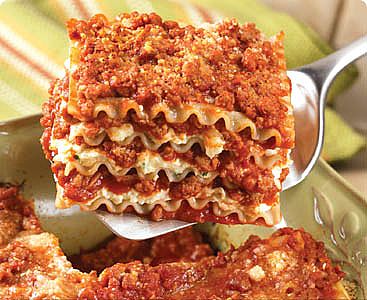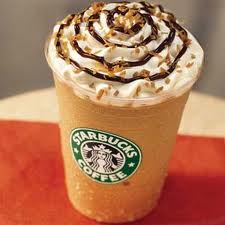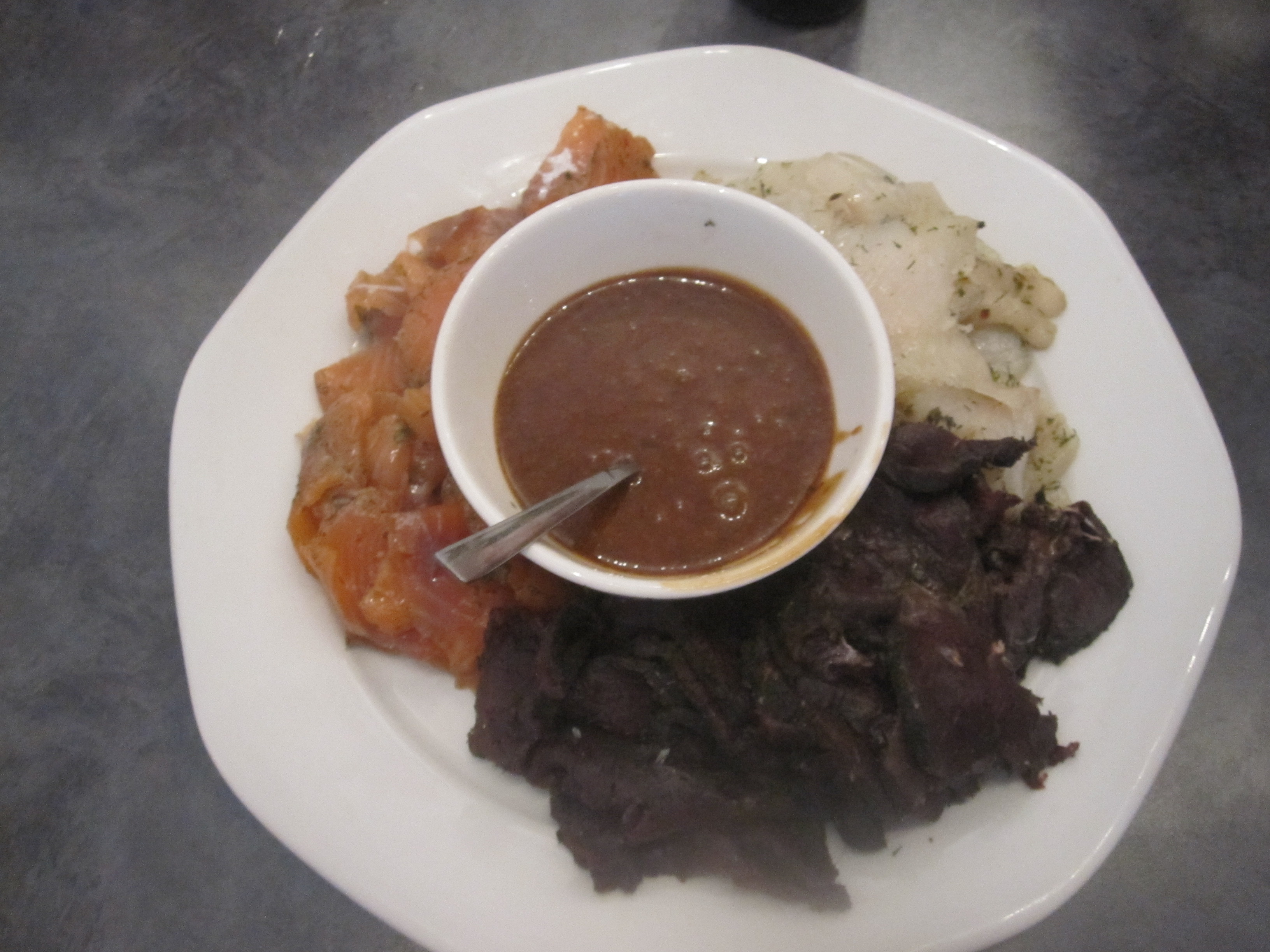Break Your Food Addiction:
EXERCISE AND WATCH WHAT YOU EAT. Simple, right? Or not. What if other forces were at work, trying to put pounds on frame until you join the 58 percent of the world predicted to be overweight or obese by 2030? Many scientists now believe that it's not your stomach you should worry about—it's your brain. In the past 2 years, scientists have published nearly 40 studies on whether the temptation of food can veer into actual addiction.
Think the addiction concept is an over-eater's cop-out? Experts don't. Researchers are currently debating whether food addiction should be included in the Diagnostic and Statistical Manual of Mental Disorders, the go-to reference for members of the American Psychiatric Association.
Scientists speculate that only some people are truly addicted to food. However, a far greater number of us may be vulnerable to the ways food can trick the brain into making us eat more than we want to, says Joe Frascella, Ph.D., of the National Institute on Drug Abuse's division of clinical neuroscience and behavioral research. And with the current profusion of food-themed TV shows and an escalating fast-food arms race, it's becoming more and more difficult for our brains to resist cues to overeat. So fight back with these tactics, and gain mastery over your meals.
Control your survival instinct
We exist on the planet because of fat and sugar, those valued treasures in the evolutionary struggle. Fat was survival fuel for cavemen, says Nicole M. Avena, Ph.D., a food addiction researcher and assistant professor of psychiatry at the University of Florida. The macro-nutrient contains more calories per gram (9, in fact) than either protein or carbs. And back in the day, sugar carbohydrates helped keep us alert to potential dangers. Today we and our deskbound brethren burn far fewer calories, yet we maintain that Cro-Magnon connection to the pleasures that high-fat, high-sugar foods bring to our brains, says Avena. So the food we're wired to desire isn't always the food we need.
A 2010 Scripps Research Institute study found that when rats were presented with a "cafeteria-style" diet of large amounts of high-fat food, they ate almost twice as many calories as rats given only standard laboratory chow. It's another piece of evidence that fatty, sugary foods may be more habit-forming than other foods, Avena says. Yes, humans are more evolved than rats, but who hasn't had a similar experience at an unlimited pizza-and-dessert buffet?
Break the habit: Make your calories work longer. Because you no longer need to amass large stores of calories until your next mastodon kill, choose foods that have nutrients with staying power. Aim to eat at least 20 to 40 grams of protein per meal, and about 25 to 35 grams of fiber over the course of the day. These nutrients promote fullness, may dampen the reward response to overeating, and will help you fend off cravings so you eat fewer calories at later meals. Even at that pizza buffet.
Stop getting high
On food, that is. In a study in the Archives of General Psychiatry, researchers found that the brains of food-addicted people who consumed a high-calorie milkshake responded the same way the brains of drug addicts respond to a dose of cocaine. "Food addicts have the same reward signals and signs of dopamine dysfunction as drug addicts have," says Frascella. And like drug addicts, food addicts may relapse when they try to curb their tendencies.
"Unlike drugs, food keeps us alive. Untangling that association can be difficult," Frascella says. Certain foods may also have the same mood-boosting properties as drugs have. In a 2011 study in the Journal of Clinical Investigation, participants who ingested a saturated-fat solution felt happier after listening to sad music than those who ingested a saline solution. It turns out that comfort food might actually comfort us—and that makes it even more challenging to resist.
Break the habit: You don't need psychotherapy to stop emotional eating. You just need to reverse the reward patterns. That means hitting the pause button, says Gary Foster, Ph.D., director of Temple University's center for obesity research, who has explored the topic of emotional eating. Recognize triggers for what they are, ride out the emotions, and then praise yourself for doing so, Foster says. "It's difficult at first, but each time you reinforce the positive behavior, you drive emotional eating into extinction," he says.
Avoid mindless eating
It's happened to us all: You have a brutal day at work, and the first thing you do after your grueling commute is raid your helpless refrigerator. Feels good, doesn't it?
"It's because you've conditioned yourself," says Foster. "People eat for any number of reasons—they're happy, sad, stressed, bored, anxious. When the trigger occurs, like Pavlov's dog you start salivating."
The more often you use a fridge raid as a stress buster, the more your brain will come to expect that behavior. Repeating this cycle can reinforce the habit, says Foster.
Break the habit: Think of your growing belly, not your growling stomach. Mindless eating is just that—your brain shuts down as your gullet opens up. "We've found that most people focus only on the short-term rewards when it comes to foods," says Ashley Gearhardt, a clinical psychology doctoral student at Yale University and author of the high-calorie milkshake study. "But what we've found is that if you can train yourself to focus on the long-term consequences—the weight gain, the sickness—then you'll activate your prefrontal cortex, or the 'brakes' in your brain that may prevent you from overeating."
Escape the food traps
It's hard to resist the siren call of the 24-hour meal. "Our modern eating environment isn't like it was 10,000 years ago. Cheap, high-calorie foods are available on every corner," says Frascella. Fast-food joints pump out aromas to entice you, and "food porn" TV shows are spliced with ads for double-stuffed pizzas and towering burgers. "For people who have a tendency to overeat, these stimulating cues trigger unhealthy food behaviors," says Foster.
Break the habit: Limit your exposure to triggers. Ask your server for the check before the dessert menu reaches the table. Change the channel if commercials start splashing unhealthy foods across the screen. Think twice about that pizza buffet. And if there's a burger chain gassing the road with char-broiled aromas on your way to the salad place, take a detour. "The less you engage with these cues, the easier it will be to eventually stop the behavior," Foster says.
FOOD, ON THE BRAIN
Emerging science shows that the minds of overeaters may look like those of drug addicts
The proof is in the neuroimaging scans at right, from Gene-Jack Wang, M.D., of the Brookhaven National Laboratory. When Dr. Wang's team scanned the brains of obese over-eaters and meth addicts, they found that the people in both groups had fewer dopamine receptors available in their brains than healthy individuals (dopamine receptor availability is shown in red). What's the big deal? Just as meth users need more and more of the drug to get high, obese overeaters may need more and more food to produce the same intensity of dopamine "high"—a cycle that can reinforce addictive behavior, according to Dr. Wang.
-
Try an alternative thai shrimp recipe from the abs diet experts
What Youll Need 3 Tbsp peanut butter
-
Two Most Dangerous Words in Nutrition
I just got back from Long Beach California at the Perform Better co
-
Find inspiration from this Abs Diet weight loss success story
Name: William Salerno Age: 38 Height: 59 Weight, Week 1: 222 Weight, W
-
The Russell Crowe Diet
Going gluten-free is the new “it” diet—but can it help you lose weight
-
Get Rid of Belly Fat:
Worried that youre harboring dangerous belly fat? Your waist circumfe
-
Weight Loss: Fruit and Fiber
Make that two apples a day. UCLA researchers discovered that small dif
- DON'T MISS
- 8 Simplest Diet Fixes Ever!
- Weight Loss: Workout Shake
- Counting Calories for Weight Loss
- Diet Strategies: 9 Weight Loss Techniques
- abs Diet- Crunches and the Ab Exercise Circuit
- The 5 People Making You Fat
- Belly Off: Running Weight Loss Success Story
- Weight Loss: Abs Diet Foods and Metabolism
- Weight Loss: Best Diet Pills
- Diet Strategies: Weight Loss Success Story at



